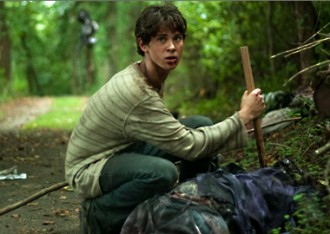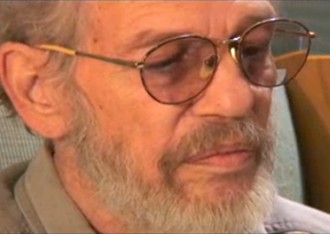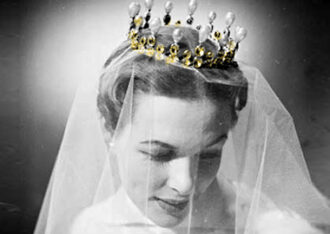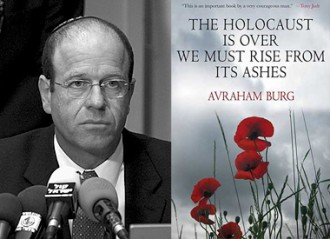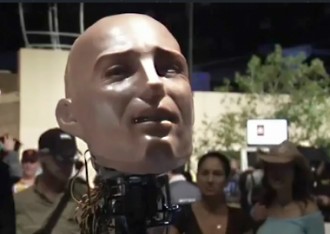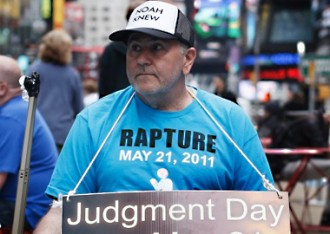
Updated: 5 Lessons Learned from the Apocalypse Fail, Or, It’s Not the End of the World as We Know It, and I Feel So-So
And so the world still turns. No rapture, no living hell, no Armageddon. We are where we were before the weekend with no signs of Christ’s return, facing the same ol’ same ol’: Arnold’s love child, Newt’s flame-out, life without Oprah. Perhaps this might be a nice teachable moment to reflect on all this—not nonsense at all, but rather an illuminating cultural moment that reveals an awful lot about the role of religion in our crazy world. What are the key takeaways from the “mediapocalypse”? Here are five for your consideration:
Read More



